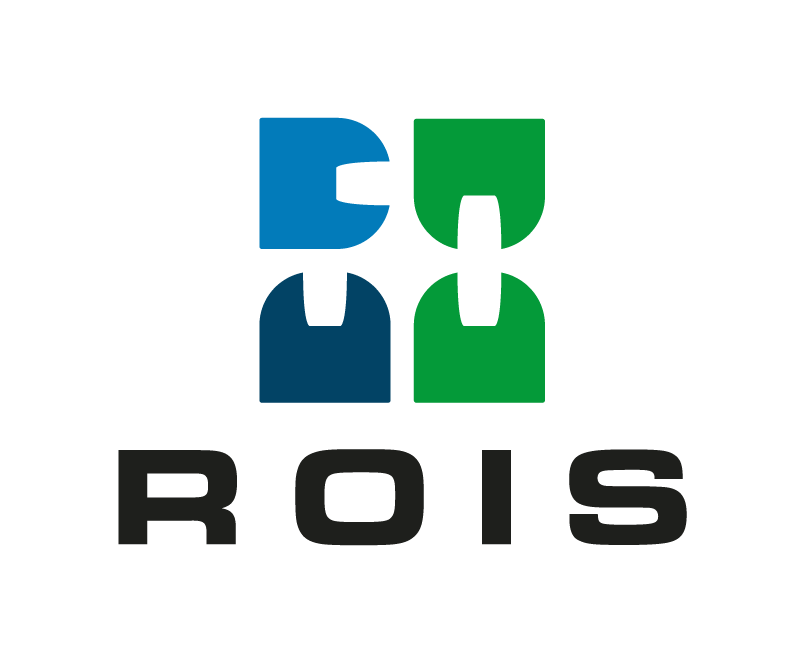Dive Brief:
- A targeted lung cancer drug from Nuvalent led to tumor responses in about half of people who previously received at least one therapy like it, and 44% of those who had received at least two similar medicines, according to results from a clinical trial the company shared Tuesday.
- The study of Nuvalent’s drug, zidesamtinib, involves people whose metastatic non-small lung cancer has alterations in the gene ROS1. In addition to past treatment with so-called tyrosine kinase inhibitors, some participants had also received chemotherapy beforehand. Nuvalent will use the data to support a U.S. approval application for these “pre-treated” patients, which it expects to complete in the third quarter.
- Nuvalent is also studying zidesamtinib in ROS1-positive lung cancer patients who haven’t yet been treated, and is discussing with the Food and Drug Administration the possibility of a “line-agnostic expansion” for the drug. A similar medicine from Nuvation Bio was approved this month for patients regardless of whether they’d previously been given a tyrosine kinase inhibitor.
Dive Insight:
Nuvalent aims to stand out into a crowded area of cancer research.
Zidesamtinib is designed for the roughly 2% of people whose non-small cell lung cancers are positive for ROS1 mutations. Multiple drugs are available for these cancers, among them Pfizer’s Xalkori, Roche’s Rozlytrek and Bristol Myers Squibb’s Augtyro. But they haven’t sold particularly well, making investors “generally skeptical” about the associated commercial opportunity, Leerink Partners analyst Andrew Berens wrote in a research note this month.
Nuvalent acknowledges those concerns. Reported drug sales are “relatively static” and drive skepticism, a spokesperson wrote in an email to BioPharma Dive. However, Nuvalent thinks the sluggish uptake of existing treatments reflects issues like neurological side effects, development of resistance mutations and brain metastases, the spokesperson wrote.
By comparison, zidesamtinib is more specifically tailored to ROS1-positive non-small cell lung cancers. Nuvalent says this selectivity could enable it to address some of those issues and provide longer-lasting impact. But it could come to market much later than Nuvation’s Ibtrozi, making differentiation more difficult.
According to Nuvalent, zidesamtinib’s durability might give it an edge. After a median 11 months of follow-up, testing showed 78% of the responses in the overall study population lasted at least a year and 62% persisted for 18 months. Among the subset of those who’d received at least one tyrosine kinase inhibitor instead of two, 93% of the responses are holding up through the 12- and 18-month marks, Nuvalent said.
Though cross-trial comparisons are difficult, Ibtrozi and zidesamtinib appear “relatively well tolerated,” wrote RBC Capital Markets analyst Leonid Timashev. Sixty-one percent of Ibtrozi responses lasted a year, while the median response was about 17 months, suggesting Nuvalent “could have an advantage on duration of response,” he wrote.
Jefferies’ Roger Song added that, among those who previously received at least two tyrosine kinase inhibitors, zidesamtinib’s effects appear to last significantly longer than other therapies, “supporting [a] greater commercial opportunity” as patients may stay on treatment for longer.
The data “continue to show [a] best-in-class drug profile,” wrote Song, who is predicting $1.3 billion in peak yearly sales.















